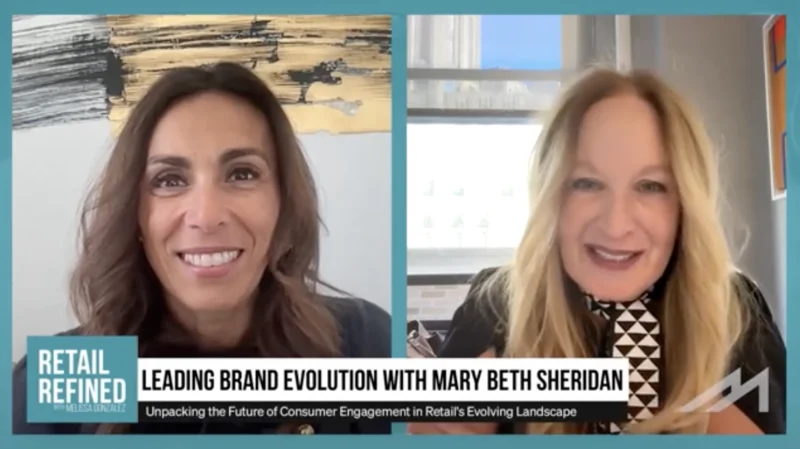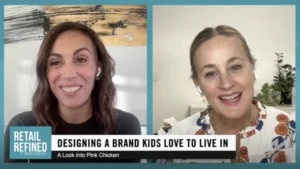What Does a Potential Antitrust Lawsuit Against Amazon Mean for Sellers and Consumers?
U.S. regulators are preparing to drag Amazon through the jungle; Amazon is apparently the target of an antitrust lawsuit prepared by the U.S. Federal Trade Commission (FTC). The Wall Street Journal first reported on this potential legal action, which is anticipated to target a variety of Amazon’s business practices, however it’s still unclear what elements the lawsuit may highlight. If the FTC does file an antitrust lawsuit against Amazon, it would join other well-known antitrust cases like Microsoft’s acquisition of Activision Blizzard and Meta’s acquisition of Within.
Since the start of the Trump administration, the FTC has been looking into claims that Amazon favors its own products over those of independent vendors. The ecommerce giant has been under fire from several competition regulators around the world over the past year. Amazon has only recently resolved three significant antitrust probes in the European Union by altering its data collection practices and the criteria it uses to determine whether sellers are eligible to participate in its Prime service.
We’ve already seen Amazon’s iRobot deal face a tough FTC antitrust review. Is the FTC going to go through with this antitrust lawsuit against Amazon? If they do, is it going to alter how Amazon conduct business? And for the larger ecosystem dependent on Amazon’s services, what would it mean for customers as well as businesses selling their products on the marketplace? We reached out to Lesley Hansell, co-founder of Riverbend Consulting, for input. Lesley has two decades of experience as a small business consultant and has been an Amazon seller for almost a decade.
Lesley’s Thoughts:
“So, what happens if the Federal Trade Commission goes after Amazon? It could benefit some small companies that sell private-label products on the platform. Amazon, in the past, has copied some of their products in marketing and wouldn’t be able to do that any longer, but Amazon’s already cut back on their private label business.
Who really stands to lose, are consumers. The FTC has made noises about forcing Amazon to stop offering all the bundled products with Prime, and I think folks paying for that subscription and the marketplace would not be happy at all.”
Article written by Sonia Gossai.








